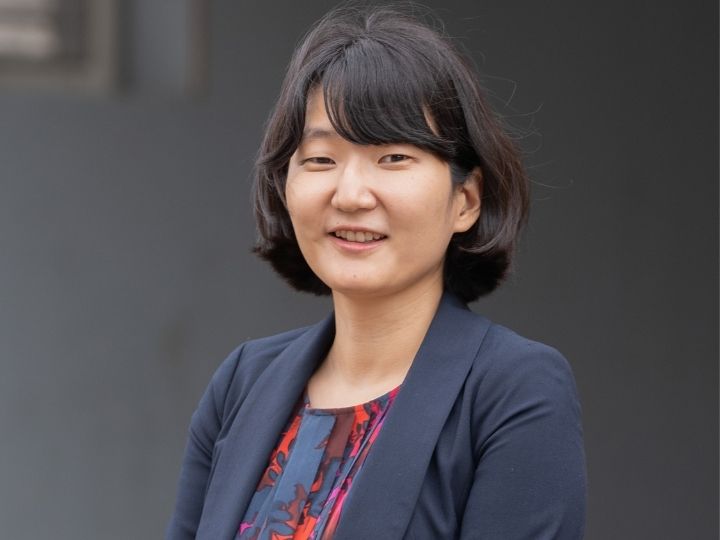Kyung Jae Lee, Ph.D., an Assistant Professor in the Petroleum Engineering Department at the Cullen College of Engineering, has received funding for two recent grants for more than $350,000.
A grant approved by the American Chemical Society, “Mechanisms of Wettability Alteration by the Interactions between Kerogen and Hydraulic Fracturing Fluid and Its Impact on Fluid Transport in Organic–Rich Shales,” received funding of $110,000. The research will begin in September 2021, and continue through August 2023.
Lee provided a motivation statement for the proposed research, as well as a summary of the proposed research plan.
“Organic–rich shales, which contain significant amount of organic matter called kerogen, are widely distributed across the U.S. and have been found to be a substantial source of oil and gas with the significant advancement of hydraulic fracturing technologies in recent decades,” she wrote. “Kerogen is a solid organic matter insoluble in water and organic solvents, which converts into oil and gas at high temperature above 150 °C. Volume of kerogen in organic–rich shales can be as much as 40 percent with significant surface/volume ratios.”
Despite the prominence of kerogen, not enough is known about how it reacts with fluids used for fracking, Lee said.
“Even though the interactions between hydraulic fracturing fluid and mineral components of shale have been actively researched and elucidated, only little is known about the fundamentals of interactions between fracturing fluid and kerogen and their impact on multiphase fluid transport. Kerogen has been considered to be relatively unreactive and stable, and its chemical alteration during the hydraulic fracturing processes has been overlooked. Consequently, the lack of knowledge in the alteration of surface chemistry of organic pores and fractures has led to the undesirable absence of advanced modeling capability, which can reliably predict the dynamically changing spatial distributions and flow rates of hydrocarbons during the production in hydraulically fractured organic–rich shales.”
As a result, Lee has two research objectives for her proposal.
“To attain this goal, this proposed project will achieve the two research objectives. First, to experimentally determine the mechanisms of wettability alteration of kerogen by interacting with organic additives in hydraulic fracturing fluid. Secondly, we want to advance the understanding of multiphase fluid transport in organic–rich shales by integrating this information into pore–scale modeling.”
Her second proposal, “Analysis of Geochemical Factors Affecting Bentonite Swelling Pressure and Development of Prediction Model,” has been funded by the Korea Atomic Energy Research Institute for $280,000. The purpose of the research is to determine the stability of an engineered barrier system (EBS) for the safe isolation of high-level radioactive waste.
“To secure the stability of EBS, it’s necessary to precisely predict the swelling pressure change by chemical alteration of bentonite, but there have not been the microscale experimental research conducted to analyze the changing bentonite swelling pressure during the hydrothermal reaction,” she said. “In addition, there has not been previous research of the analysis of Gyeongju bentonite, which is used for Korean disposal system of high–level radioactive waste.”
The proposed research plan will require several steps to accomplish.
“This proposed research has the objective of identifying the chemical alteration of Gyeongju bentonite during hydrothermal reaction, analyzing the subsequent change of swelling pressure, and developing the prediction model of swelling pressure,” she said. “To attain this goal, we employ the suite of experimental methods including the hydrothermal reaction of Gyeongju bentonite, analysis of the resulting change of chemical compositions, measurement of changing swelling pressure, and the analysis of factors affecting the swelling pressure of Gyeongju bentonite such as chemical compositions of bentonite and pore water.”
The research will be done through the end of 2023.
